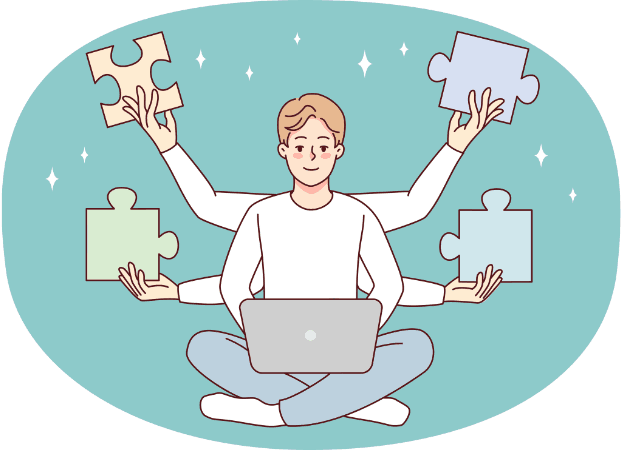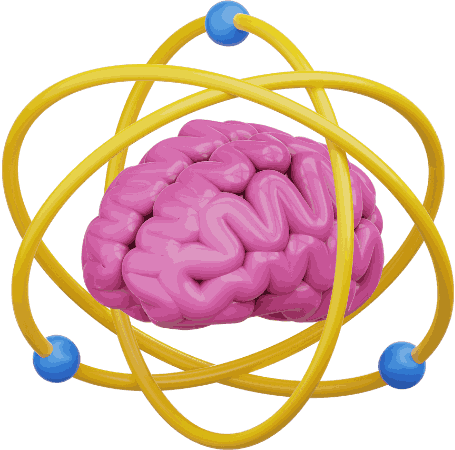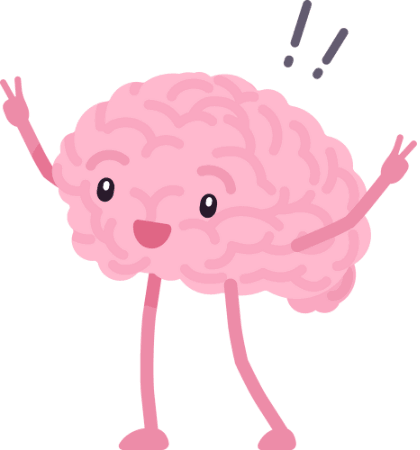Table of Contents
- Introduction
- What Makes Sudoku a Brain Teaser?
- Why You Should Challenge Yourself with Sudoku
- Improves Logical Thinking
- Enhances Focus and Concentration
- Boosts Memory and Cognitive Flexibility
- A Fun and Rewarding Challenge
- Tips to Level Up Your Sudoku Skills
- Start with Easier Puzzles and Progress Gradually
- Use Logical Strategies, Not Guesswork
- Challenge Yourself with Time Limits
- Try Different Sudoku Variants
- Conclusion: Embrace the Challenge!
- FAQs
1. Introduction
Do you think that Sudoku is just a simple numbers game? Think again! This classic puzzle is more than just filling in a grid—it’s a serious workout for your brain. With each number you place, you’re sharpening your logic, improving concentration, and stretching your mental endurance.
If you’ve ever found yourself staring at a Sudoku puzzle, stuck between two choices, you already know the thrill. What’s that moment of hesitation? That’s your brain problem-solving in real time. And the best part? The more you challenge yourself, the sharper you become. So, why not push your limits today?
2. What Makes Sudoku a Brain Teaser?
Sudoku isn’t about math—it’s about patterns, logic, and strategic thinking. The rules are simple: fill a 9×9 grid so that each row, column, and 3×3 section contains the numbers 1 through 9 without repetition. Sounds easy, right? Not so fast.
What makes Sudoku truly engaging is the way it forces you to think ahead. Every move matters. Place one number incorrectly, and you’ll find yourself tangled in a web of errors. Unlike crossword puzzles, which rely on vocabulary, or chess, which involves opponent moves, Sudoku is a battle between you and the grid. It’s pure logic, no guesswork.
3. Why You Should Challenge Yourself with Sudoku
3.1. Improves Logical Thinking
Have you ever felt like your decision-making skills could use a boost? Sudoku trains your brain to think critically. Every puzzle forces you to analyze possibilities, rule out incorrect choices, and make strategic decisions. Over time, these skills spill over into real life, making problem-solving second nature.

3.2. Enhances Focus and Concentration
In a world full of distractions, Sudoku is like a mental reset button. You can’t solve a puzzle while scrolling through social media or watching TV. It demands your full attention. This level of focus strengthens your ability to concentrate for extended periods, which can be helpful in work, study, and daily tasks.

3.3. Boosts Memory and Cognitive Flexibility
Think of Sudoku as a workout for your brain. By juggling multiple possibilities at once, you’re strengthening memory pathways and enhancing cognitive flexibility. Studies suggest that regularly engaging in logic-based puzzles like Sudoku can even help delay cognitive decline as you age. Learn more about the study.

3.4. A Fun and Rewarding Challenge
Let’s be honest—few things feel as satisfying as solving a tricky Sudoku puzzle. That final number? That rush of victory? Priceless. Plus, there’s always room to level up. As you tackle harder puzzles, the challenge keeps evolving, keeping your mind engaged and entertained.

4. Tips to Level Up Your Sudoku Skills
4.1. Start with Easier Puzzles and Progress Gradually
Don’t jump into an expert-level puzzle right away. It’s like running a marathon without training. Begin with easy puzzles, get comfortable with the patterns, and then work your way up. This builds confidence and improves your technique over time. Learn more tips and techniques here.
4.2. Use Logical Strategies, Not Guesswork
Guessing in Sudoku is like trying to build a house without a blueprint—it just doesn’t work. Instead, use logical techniques like scanning, elimination, and penciling in possibilities. The more you rely on strategy, the better you’ll become.
4.3. Challenge Yourself with Time Limits
Want to up the stakes? Set a timer. Racing against the clock forces you to think quickly and efficiently. Plus, it adds an extra layer of excitement. Even if you don’t beat the clock, you’ll gradually improve your speed with practice.
4.4. Try Different Sudoku Variants
If standard Sudoku feels too easy, try something new! Variations like Sudoku X, Windoku, and Samurai Sudoku introduce additional rules and complexity, making the challenge even more engaging. Each variant tests your skills in fresh ways, ensuring you never get bored.
5. Conclusion: Embrace the Challenge!
Sudoku isn’t just a pastime—it’s a powerful brain-training tool. Whether you’re looking to sharpen your mind, improve focus, or simply enjoy a good challenge, Sudoku has something for everyone. So grab a puzzle from our Sudoku collection, test your skills, and see how far you can push your limits. You might surprise yourself!
6. FAQs
Q1: Is Sudoku really good for brain health?
Absolutely! Studies show that logical puzzles like Sudoku can improve memory, problem-solving skills, and even slow cognitive decline.
Q2: How long should I spend solving a Sudoku puzzle?
It depends on the difficulty. Some take minutes, others can take hours. The key is to enjoy the challenge rather than rush through it.
Q3: What if I get stuck on a puzzle?
Take a step back. Look for numbers that must be placed based on elimination. And if all else fails, come back to it later with fresh eyes. Learn some techniques here.
Q4: Are there online resources for practicing Sudoku?
Yes! You can find free puzzles on sudokustation.com and test your skills anytime, anywhere.



